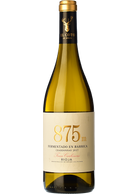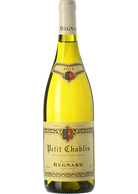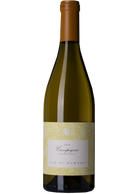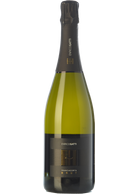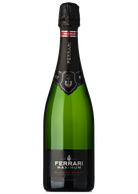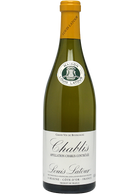Chardonnay
Chardonnay is the most prestigious white grape in the world. From its historic home of Burgundy, it has spread around the world thanks to its innate ability to adapt easily to any climate or soil kind. It is believed that the wisdom of monks back in the Middle Ages led to its wide-scale cultivation in the region of Burgundy or Bourgogne, as they made a firm commitment to working with this variety ahead of other grapes.



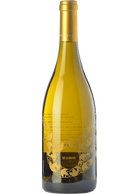

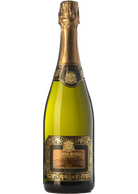
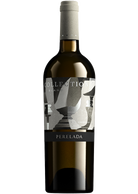
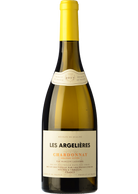
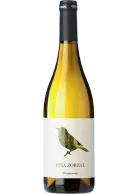

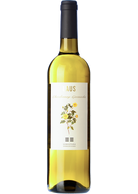


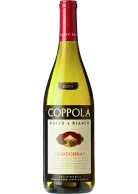
Coppola Rosso & Bianco Chardonnay 2021
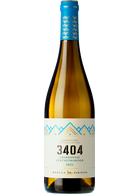
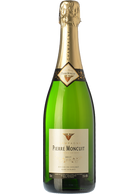
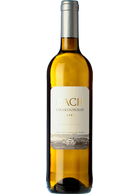
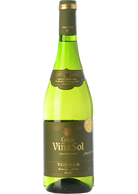
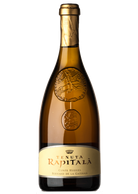
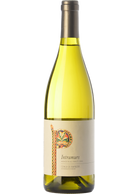


Chardonnay
Chardonnay is the most prestigious white grape in the world. From its historic home of Burgundy, it has spread around the world thanks to its innate ability to adapt easily to any climate or soil kind. It is believed that the wisdom of monks back in the Middle Ages led to its wide-scale cultivation in the region of Burgundy or Bourgogne, as they made a firm commitment to working with this variety ahead of other grapes.
The grape behind most Burgundy whites, it is also undoubtedly the star of the best and most prestigious wines from the Côte d'Or, with Montrachet wines leading the way. It is also a key variety in Champagne, making up a third of the vineyards there, and an essential grape in the Côte des Blancs, adding aromas and elegance to some of the best sparkling wines. Chardonnay has also adapted perfectly well to places as varied as Languedoc, Italy, Spain, Australia, Chile, California and Oregon, showing different characteristics wherever it is planted. It can create cool, mineral and smooth wines in Chablis or creamy, spicy and sweet ones in California. Aromas can vary from citric fruits in colder climes to tropical fruits in warmer regions. Having said that, hints of honey and apple, and an elegant floral touch with fine hints of pastry, are usually present in most Chardonnay wines, wherever they have been produced.
In Italy it expresses itself very well in many regions. In the northernmost ones, such as Triveneto and Valle d'Aosta, but also Piedmont, it shows excellent citrus and fruity fragrances, exalting its fresher and more mineral "northern" qualities. In the Mediterranean regions, especially Tuscany, Umbria and Sicily, it gives instead more opulence and complexity, perfectly representing the Mediterranean scrub, candied fruit, cedar, vanilla. The most mythical expressions of Italian chardonnay see it as a long aging white wine, which comes out of the cellar "à la chablisienne" after a stay in small barrels which are sometimes new: this is the case of Cervaro della Sala, in Umbria, or Cuvée Bois, in Valle d'Aosta. Areas where some of the best regional crus are dedicated to it and where it does not disdain, as is the case with Cervaro, the blend with small portions of local grapes, which give it more acidity and greater territoriality.
The best Chardonnays can be laid down for decades, gaining in complexity over time. Ageing in oak produces flavours of butter, honey and walnuts alongside fine hints of toast and caramel. As time goes by, they become creamy, fatty and deep, gradually creating a true gem of a wine capable of delighting virtually all wine-lovers.

